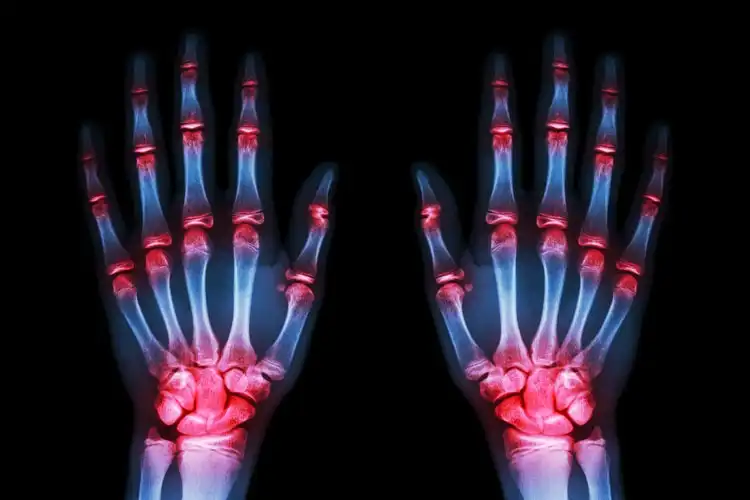Rheumatoid arthritis (RA) is a chronic autoimmune disorder that primarily affects the joints, causing pain, stiffness, and swelling. Early detection and treatment are crucial for managing the condition effectively. Understanding the early signs and symptoms can make a significant difference in diagnosing RA promptly. In this article, we’ll explore the early indicators of rheumatoid arthritis and why it’s essential to watch out for them.
Understanding Rheumatoid Arthritis:

Rheumatoid arthritis is characterized by inflammation of the synovium, the lining of the joints. This inflammation can lead to joint damage, deformity, and disability over time if left untreated. While the exact cause of RA remains unknown, genetic and environmental factors are believed to play a role in its development.
Early Signs and Symptoms:

Recognizing the early signs of rheumatoid arthritis can help individuals seek medical attention and begin appropriate treatment early on. Here are some common early indicators to watch out for:
- Joint Pain and Stiffness: Persistent pain and stiffness, particularly in the morning or after periods of inactivity, are often early symptoms of RA. This pain and stiffness may initially affect small joints like those in the hands and feet but can progress to larger joints over time.
- Swelling and Tenderness: Inflamed joints may appear swollen, warm to the touch, and tender. Swelling around the joints is a hallmark feature of rheumatoid arthritis and is often accompanied by redness.
- Fatigue: Chronic fatigue is a common symptom of RA, even in the early stages of the disease. Individuals may experience excessive tiredness, even after adequate rest, which can impact daily activities and quality of life.
- Morning Stiffness: Stiffness lasting for more than an hour in the morning or after prolonged periods of inactivity is a characteristic feature of RA. This stiffness typically improves with movement but may return later in the day.
- Reduced Range of Motion: As RA progresses, affected joints may lose their full range of motion, leading to difficulty in performing routine tasks such as bending, gripping, or walking.
- Systemic Symptoms: In some cases, rheumatoid arthritis can cause systemic symptoms such as fever, weight loss, and a general feeling of malaise.
Importance of Early Detection:

Early diagnosis and treatment of rheumatoid arthritis are essential for preventing joint damage and preserving joint function. Prompt intervention with disease-modifying antirheumatic drugs (DMARDs) and biologic therapies can help control inflammation, reduce pain, and slow the progression of RA.
Moreover, early treatment can improve long-term outcomes and quality of life for individuals living with RA. It can also reduce the risk of complications such as joint deformities, disability, and cardiovascular disease associated with uncontrolled inflammation.
Recognizing the early signs of rheumatoid arthritis and seeking medical evaluation is crucial for timely diagnosis and intervention. If you experience persistent joint pain, stiffness, swelling, or fatigue, consult a healthcare professional for further evaluation. With early detection and appropriate treatment, individuals with RA can effectively manage their symptoms and lead fulfilling lives. Don’t ignore the signs – stay proactive about your joint health and well-being.
Discover more skincare trends:
- Watch Out For The Early Signs Of Rheumatoid Arthritiss
- Identifying Early Signs of Rheumatoid Arthritiss: A Comprehensive Guide
- Understanding Rheumatoid Arthritiss: Early Signs and Symptoms
- Be Vigilant for Early Indicators of Rheumatoid Arthritis
- Be Alert for Initial Symptoms of Rheumatoid Arthritis
- Follow us on Facebook
- Follow us on Pinterest





